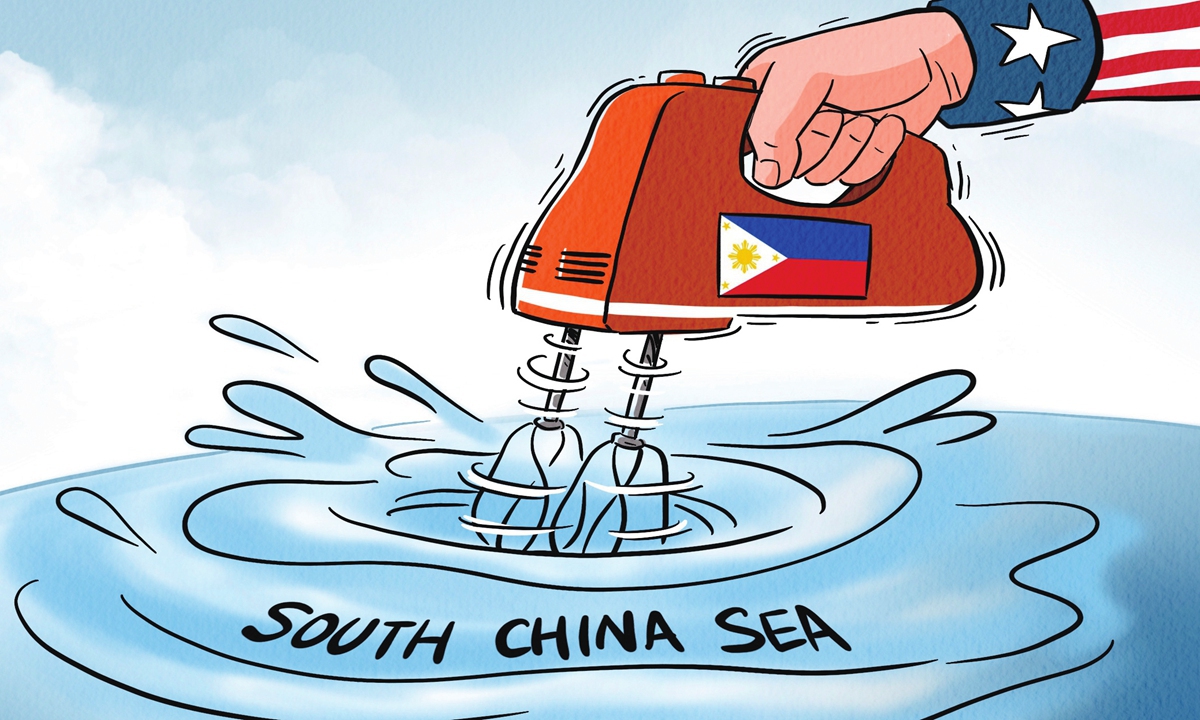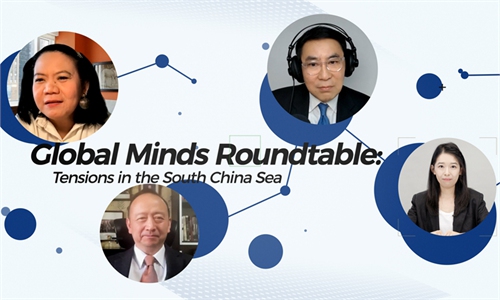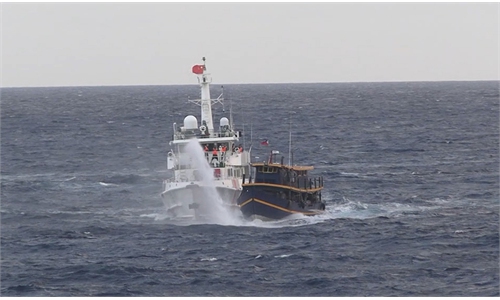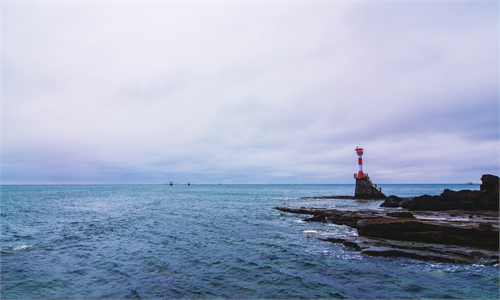With duplicity, the Philippines hot-headedly positions itself as the US’ cannon fodder

Illustration: Liu Rui/GT
What does the Philippines want - a stable and conducive environment for its peaceful development, or to be trapped in the unpredictable game of geopolitics? Recently, the country's actions and words have been filled with duplicity and complexity, but the trend is discernible - the Philippines is hot-headedly positioning itself as a vanguard, bridgehead, and even cannon fodder for the US.
Manila's duplicity has been laid bare recently. On Wednesday, China and the Philippines held the eighth meeting of the China-Philippines Bilateral Consultation Mechanism. Both sides agreed to enhance the sea-related communication mechanism, manage maritime conflicts and differences through friendly consultations, address maritime emergencies, particularly the situation on the Ren'ai Jiao, and further promote practical maritime cooperation.
However, on the same day, the Philippine Defense Minister Gilberto Teodoro blustered that the Philippines was planning "more robust" military activities with the US and its allies in the face of a "more aggressive" China. Two days earlier, on Monday, Armed Forces of the Philippines Chief of Staff General Romeo Brawner declared that the Philippines will develop islands in the South China Sea to make them more habitable for troops.
Beneath this contradictory rhetoric, it becomes evident that there is no unified China policy within the Philippine government, Chen Xiangmiao, director of the World Navy Research Center at the National Institute for South China Sea Studies, told the Global Times. Significant internal disagreements on the South China Sea issue have highlighted a behavior pattern of "the Philippines wants it all": maintaining relations with China for economic interests while aggressively asserting maritime interests through provocative actions.
The duplicity in the Philippines is also evident in its stance on the Taiwan question. On the one hand, it claims to support the one-China policy; on the other hand, after the Taiwan regional leadership elections, Philippine President Ferdinand Marcos referred to the new leader in Taiwan as the "President-elect" on social media. These contradictory statements from the Philippines create confusion, leaving uncertainty about its true intentions.
In fact, the hostility against China by the Marcos Jr. government, under the encouragement of the US, has been evident for a year now - particularly after the beginning of last year when the US gained access to four new military bases in the Philippines. The recent speeches by the defense minister and chief of staff seem like a race to see who can be more aggressive.
The Philippine military and maritime law-enforcement capabilities are fundamentally insufficient to challenge China. The primary reason for the continuous belligerent rhetoric is the encouragement and support from certain countries, such as the US and Japan, military expert Song Zhongping told the Global Times. However, when it comes to the South China Sea issue, the US is merely using the Philippines as a pawn, as part of its attempt to rally allies to implement its Indo-Pacific Strategy to contain China. If Manila thinks that the US will help the Philippines maintain its so-called national interests and security, it is solely wishful thinking, as evidenced by the significant reduction in the scale of joint US-Philippine patrols deterred by the routine patrols organized by the Chinese People's Liberation Army Southern Theater Command.
When the Philippines claims to strengthen its military relationship with the US in order to become "a more effective contributor to regional stability," it clearly fails to realize that it is misinterpreting the preservation of US hegemony as a means of promoting regional stability.
Anna Rosario Malindog-Uy, vice president for external affairs of the Asian Century Philippines Strategic Studies Institute said in a roundtable discussion organized by the Global Times recently that she does not think the US is prepared to have a head-on military collision with China in the South China Sea, or even in the Taiwan Straits. That's why it uses a proxy, and the Philippines, is being used as a pawn or a proxy.
"The US was already defeated by the Taliban in Afghanistan, by Russia in Ukraine, and by the Houthis recently in the Red Sea. It is in absolutely no shape to take on China in the South China Sea. They can't afford something blowing up in an election year," said John Pang, a former Malaysian government official and a senior research fellow at Perak Academy, Malaysia, in the discussion.
The Philippines needs to reassess its position, avoid acting recklessly, and realistically evaluate its military capabilities.
China, as a responsible major power, has consistently exercised great restraint in the South China Sea issue. However, the Philippines should not mistake China's restraint for weakness. China is unwavering on its core interests and maintains the initiative in the South China Sea issue, standing on the high ground in both international law and history. We hope that the Philippines will recognize that sustaining peace and stability in the South China Sea requires collaboration with China and ASEAN, jointly signing the Code of Conduct in the South China Sea. This is the only way to make the South China Sea into a sea of peace, stability, friendship, and cooperation.



